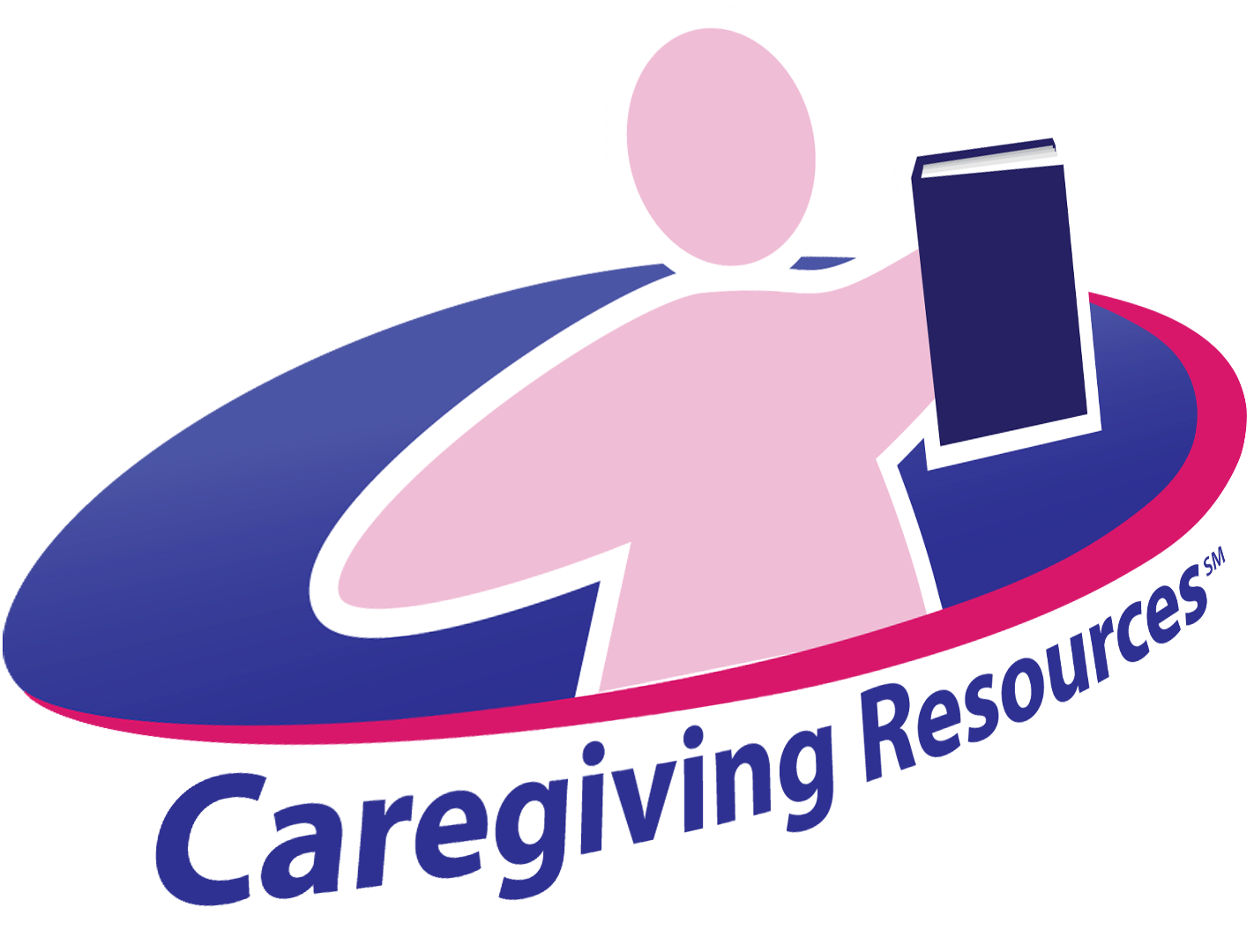As the old adage goes, “It takes a village to raise a child.” This sentiment can also be applied to caregiving. Caring for a loved one who is ill or elderly can be emotionally and physically taxing on the caregiver, often leaving them feeling overwhelmed and isolated. However, caregivers do not have to navigate these challenges alone.
There are numerous resources available that provide support and assistance for caregivers. These resources range from government programs to non-profit organizations and online communities. By utilizing these resources, caregivers can find respite care, counseling services, financial assistance, educational materials, and more. In this article, we will explore some of the most helpful caregiver resources available and how they can benefit those providing care for their loved ones.
Government Programs For Caregivers
Caregiving can be an emotionally and physically taxing responsibility. In recognition of the challenges faced by caregivers, governments around the world have established programs to provide support and assistance for this population. These programs offer a range of services, including financial assistance, counseling, respite care, and education.
One example of such government program is the National Family Caregiver Support Program in the United States. This program provides grants to states, which then allocate funds to local organizations that offer a variety of caregiver support services. Some of these services include information on available resources, individual counseling sessions, and training workshops aimed at helping caregivers manage their responsibilities more effectively.
Canada also has several national programs designed to assist caregivers. The Canada Caregiver Credit is one such program that offers tax credits to individuals who are providing care for a spouse or dependent with physical or mental impairments. Additionally, the Canadian Government’s Home Adaptation for Seniors’ Independence (HASI) program provides funding for home modifications like wheelchair ramps or grab bars that help seniors age-in-place while reducing caregiving demands on family members.
Transition: While governmental initiatives play a crucial role in supporting caregivers, there are many non-profit organizations offering additional support and assistance as well.
Non-Profit Organizations Offering Support And Assistance
As discussed in the previous section, government programs exist to provide support and assistance for caregivers. These programs are designed to alleviate some of the financial and emotional burdens that can come with caring for a loved one. However, there are also non-profit organizations that offer similar services.
These organizations may not have as many resources as the government but they often specialize in specific areas or populations. For example, some non-profits focus on providing support specifically for caregivers of individuals with Alzheimer’s disease or dementia. Others may cater to low-income families who cannot afford expensive medical care.
Non-profit organizations typically rely heavily on donations and volunteers to operate. Many offer free services such as counseling, respite care, or educational workshops. Some also provide financial assistance through grants or scholarships. These organizations play an important role in supporting caregivers and filling gaps where other resources fall short.
Moving forward, another valuable resource available to caregivers is online communities and forums. These virtual groups provide a space for caregivers to connect with others who share similar experiences and challenges. They allow individuals from all over the world to exchange advice, offer emotional support, and build relationships without having to leave their homes. In the next section, we will explore these online communities further and discuss how they can be utilized by caregivers seeking help and connection.
Online Communities And Forums For Caregivers
The internet has provided a platform for caregivers to connect with others who are in similar situations. Online communities and forums have become popular resources for individuals who are caring for their loved ones. These online platforms allow caregivers to share experiences, offer support, and provide valuable information to each other.
One of the advantages of online communities is that they can be accessed at any time from anywhere in the world. The flexibility of these platforms makes it easy for caregivers to find the support they need whenever they need it. Additionally, online communities often feature discussion boards where members can post questions or seek advice on specific caregiving topics. This allows caregivers to receive immediate feedback from others who may have had similar experiences.
Online communities also offer anonymity, which can be beneficial for those who may feel uncomfortable discussing personal issues face-to-face with others. Members can choose whether or not to disclose personal information about themselves or their loved ones, allowing them to maintain privacy while still receiving support from their peers.
Transition: Despite the benefits of online communities and forums, some caregivers may require more direct assistance in managing their responsibilities. In such cases, respite care and counseling services may be helpful resources to consider.
Respite Care And Counseling Services For Caregivers
Respite care and counseling services are crucial resources for caregivers who may experience high levels of stress, burnout, and emotional exhaustion. Respite care provides temporary relief to primary caregivers by allowing them to take a break from their caregiving responsibilities while providing professional assistance to the patient. This service can be provided in various forms such as adult day care centers or home health aides. Meanwhile, counseling services offer individual and group therapy sessions aimed at addressing caregiver-related concerns such as anxiety, depression, grief, and relationship issues.
Respite care is critical not only for the well-being of caregivers but also for the quality of life of patients under their care. Caregiver burnout can lead to poor physical health outcomes for both parties involved which could result in hospitalization or institutionalization. The provision of respite care allows primary caregivers to engage in self-care activities that promote mental and physical wellness while enabling them to recharge emotionally before returning to their caregiving duties. Moreover, counseling services provide an avenue for caregivers to express their thoughts and feelings freely without fear of judgment and receive practical advice on how to cope with challenges associated with caregiving.
Overall, respite care and counseling services have proven effective in improving the overall quality of life of both patients and their caregivers. Therefore, it is essential that these resources remain accessible and affordable through government funding, private insurance coverage or community-based initiatives. In the subsequent section, we will discuss financial assistance options available for caregivers alongside educational materials designed explicitly to support this population’s needs.
Financial Assistance And Educational Materials For Caregivers
Respite care and counseling services are essential resources for caregivers. However, there are other forms of assistance that can be equally beneficial to them. One such resource is financial assistance, which helps alleviate the burden of caregiving expenses.
There are various organizations that provide financial aid to caregivers. Some examples include government programs like Medicaid or Medicare, non-profit groups like The Family Caregiver Alliance, and private foundations like The Alzheimer’s Foundation of America. These organizations offer different types of support ranging from cash stipends to reimbursements for medical bills or travel expenses related to caregiving responsibilities.
In addition to monetary help, educational materials also play a crucial role in supporting caregivers. Resources like online courses or workshops on stress management strategies and best practices for caring for loved ones with specific conditions can empower caregivers with knowledge and practical skills they need in their daily lives as well as confidence in their ability to tackle new challenges. Educational materials not only benefit the caregiver but also improve quality of care delivered to patients by family members who have been equipped with updated information on caregiving techniques and coping mechanisms.
Conclusion
Caregiving can be a daunting task that requires significant effort and dedication. However, caregivers do not have to face these challenges alone. There are various resources available to provide support and assistance for caregivers.
Government programs such as Medicaid and the Older Americans Act offer financial aid and services like home health care, transportation, meals, and respite care. Non-profit organizations like the Alzheimer’s Association or Family Caregiver Alliance also offer educational materials, counseling services, and support groups tailored to specific illnesses or caregiving situations. Online communities and forums allow caregivers to connect with others in similar circumstances while providing access to valuable information.
Respite care offers temporary relief for caregivers by allowing them time off from their responsibilities. Counseling services help address psychological difficulties associated with caregiving such as anxiety and depression. Finally, financial assistance is available through grants or loans to help cover expenses related to caregiving.
In conclusion, caregiver resources aim at alleviating some of the stressors involved in caring for someone else. Government programs, non-profit organizations, online communities, respite care centers, counseling services, and financial aids are all viable options worth exploring when seeking support and assistance as a caregiver. By utilizing these resources effectively, caregivers can feel empowered knowing they are not alone in this journey.





Be First to Comment